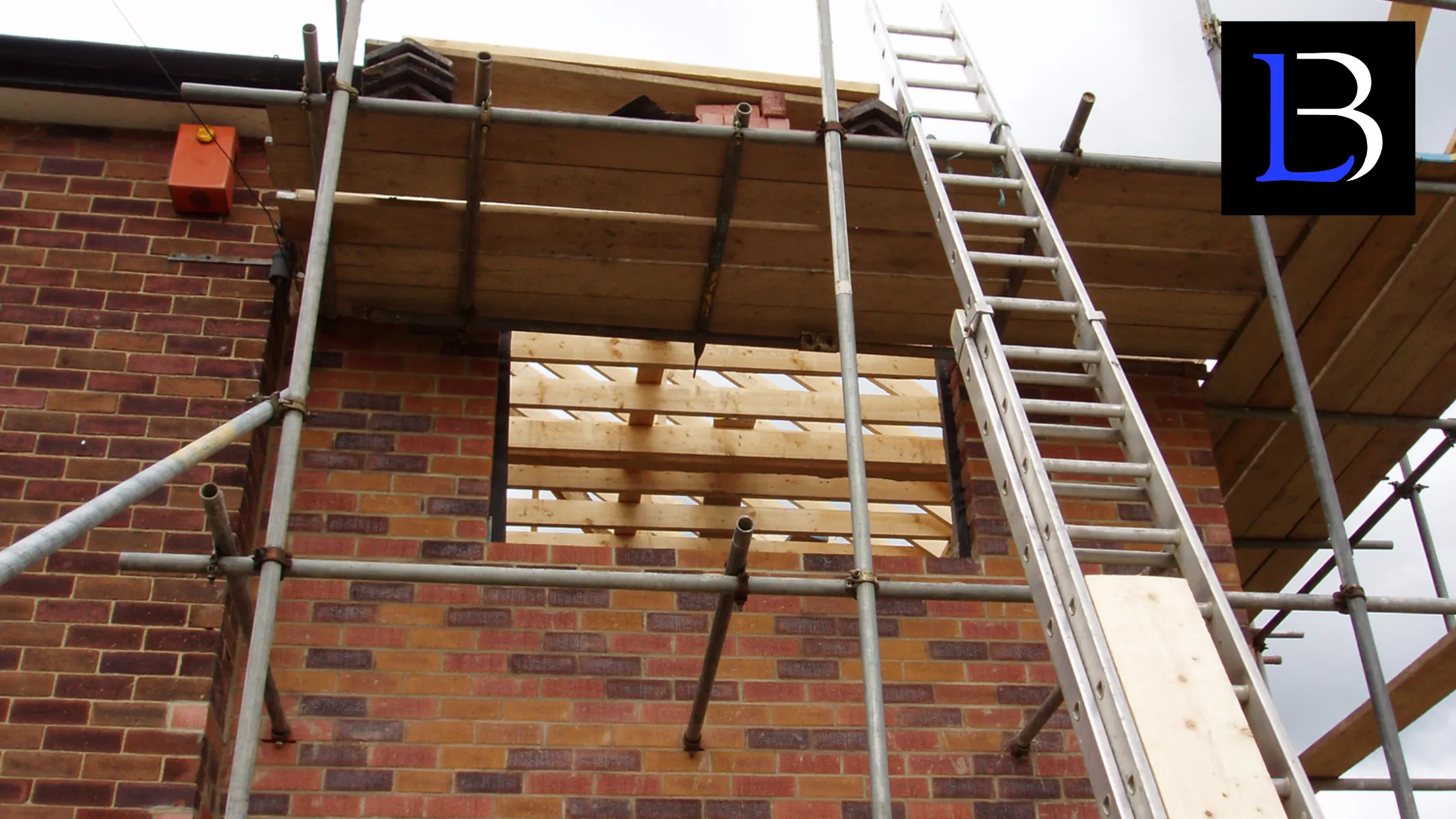How Much Does a Home Extension Cost in 2024?

When considering adding space to your home, one of the first questions that likely comes to mind is: how much does a home extension cost in 2024? As with any construction project, prices can vary widely depending on several factors, including the size of the extension, location, materials used, and any planning permissions required. In this blog, we’ll break down the potential costs, what you should budget for, and some tips to help you save money without compromising on quality.
Key Factors Affecting the Cost of a Home Extension
1. Size of the Extension
Naturally, the larger the extension, the more it will cost. Extensions are typically priced by square metre, and prices can vary based on where you live and the complexity of the build. On average, UK homeowners should expect to pay between £1,800 and £3,000 per square metre for a basic single-storey extension in 2024.
- Small extensions (15-20m²): Between £27,000 and £60,000
- Medium extensions (25-35m²): Between £45,000 and £105,000
- Large extensions (40-50m²): Between £72,000 and £150,000
2. Type of Extension
Different types of extensions come with different price tags. For example:
- Single-storey rear extension: From £1,800 to £2,500 per m²
- Double-storey extension: £2,000 to £3,000 per m²
- Loft conversion: Around £1,500 to £2,500 per m²
- Garage conversion: £1,000 to £1,800 per m²
Each type of extension has unique challenges. A two-storey extension, for instance, requires more structural work and planning, leading to higher costs.
3. Location of the Property
Where you live can have a significant impact on costs. If you're based in London or the South East of England, you may face higher labour and material costs compared to homeowners in the North or rural areas. It’s not uncommon to see price differences of up to 20% depending on location.
4. Materials and Finishes
The quality of materials and finishes you choose for your extension will also play a big role in determining the final cost. Opting for premium materials such as bi-fold doors, underfloor heating, or luxury kitchen fittings can quickly add thousands to your budget. For a more budget-friendly extension, consider using standard finishes and materials.
5. Planning Permission and Building Regulations
While some home extensions fall under "permitted development rights" and won’t require planning permission, more complex projects will need to go through the planning process. Costs associated with this include:
- Planning application fees: Around £206 in England
- Architect fees: Typically 7-10% of the total project cost
- Building regulation fees: £500-£2,000 depending on the project’s scale
Make sure to budget for these additional expenses, as they can be easy to overlook when planning your extension.
Additional Costs to Consider
Beyond the core construction costs, there are several other expenses to factor in:
- VAT (Value Added Tax): 20% on most construction work unless it qualifies for VAT relief (e.g. for disabled persons or certain building types).
- Structural Engineer Fees: Usually £800-£2,000 depending on the complexity of the project.
- Contingency Budget: It’s wise to have an extra 10-15% set aside for unexpected issues like drainage, asbestos removal, or unforeseen delays.
How to Save Money on Your Home Extension
If you’re looking to keep costs down, here are some smart ways to save money on your extension without sacrificing quality:
- Keep it simple: Avoid complex designs like unusual shapes, excessive glazing, or changes to the existing structure.
- DIY where possible: While large parts of the project should be left to the professionals, taking on smaller tasks like painting or landscaping can reduce costs.
- Reuse materials: Reclaimed materials not only add character but can also help save on expenses.
- Shop around for quotes: Get multiple quotes from different contractors to ensure you’re getting the best deal.
Is a Home Extension Worth the Investment in 2024?
While the upfront costs of a home extension can be considerable, it’s worth noting that an extension can add significant value to your property. A well-designed and high-quality extension can increase the value of your home by up to 20-25%, depending on your location and the type of extension.
Moreover, with rising house prices and the cost of moving, many homeowners are choosing to extend their existing homes rather than relocate. An extension can provide much-needed space and improve the functionality of your home, making it more enjoyable for day-to-day living.
Final Thoughts
So, how much does a home extension cost in 2024? While it largely depends on the size, location, and type of extension you’re planning, you should expect to budget anywhere from £27,000 to £150,000 for a typical extension. As with any major project, it’s essential to do your research, plan thoroughly, and get a range of quotes to ensure you’re getting the best value for your investment.
By keeping these factors in mind and planning accordingly, you can make your dream home extension a reality in 2024.
